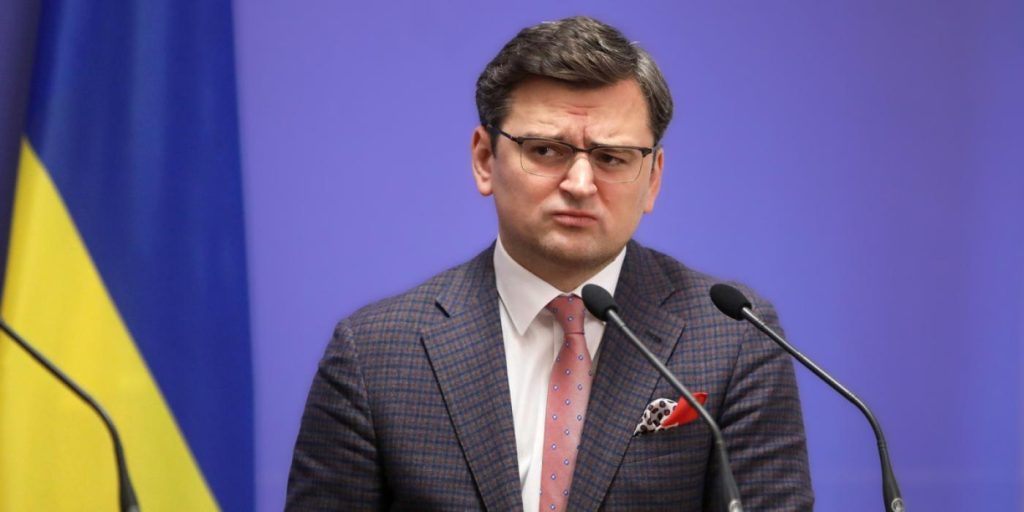Others are reading now
Ukrainian Foreign Minister Dmytro Kuleba, in a recent interview with Spanish newspaper El Pais, has highlighted a significant proposal regarding the reconstruction of Ukraine amid ongoing conflict.
According to Kuleba, the total amount of Russian assets currently frozen in Western countries could cover more than 80% of Ukraine’s recovery needs.
This statement comes at a time when around $300 billion of Russian central bank assets have been frozen in the West, following Russia’s full-scale invasion of Ukraine. The idea of redirecting these funds towards Ukraine’s war and reconstruction efforts has been a topic of discussion among Kyiv’s allies for several months.
Reports indicate that talks among U.S. and European officials on this matter have intensified recently. U.S. President Joe Biden is seeking a strategy by February 24, 2024, coinciding with the two-year mark of the ongoing war.
Also read
Kuleba, in his interview, expressed strong confidence in Ukraine’s eventual receipt of these funds. He outlined that the financial approach would not only involve the frozen assets but also the profits generated from these assets and taxes on those profits.
Kuleba emphasized the appropriateness of Russia paying for the reconstruction, given its role in the destruction. The plan envisions rebuilding schools, hospitals, and infrastructure using these funds.
However, Kuleba acknowledged the complexity of the situation, noting the need for a comprehensive system to address legal issues, financial mechanisms, and transparency.
He conveyed that while the process might be lengthy and complicated, involving legal, regulatory, and financial considerations, the decision to use these assets is both natural and necessary.
According to estimates, most of the frozen Russian assets are located in Europe, with around $5 billion held by U.S. institutions. In support of Ukraine’s recovery, EU leaders have previously shown favor for a proposal to use windfall taxes from these Russian assets.
Additionally, Belgium has taken a proactive step by announcing the creation of a $1.8 billion fund for Ukraine, financed by the tax revenue from interest on frozen Russian assets.
Kuleba’s proposal, if actualized, could provide a substantial boost to Ukraine’s rebuilding efforts, offering a silver lining in the wake of the devastating conflict.
This initiative also represents a unique approach to international conflict resolution and post-war recovery, setting a precedent for how global financial systems might be leveraged to support nations in the aftermath of aggression.


